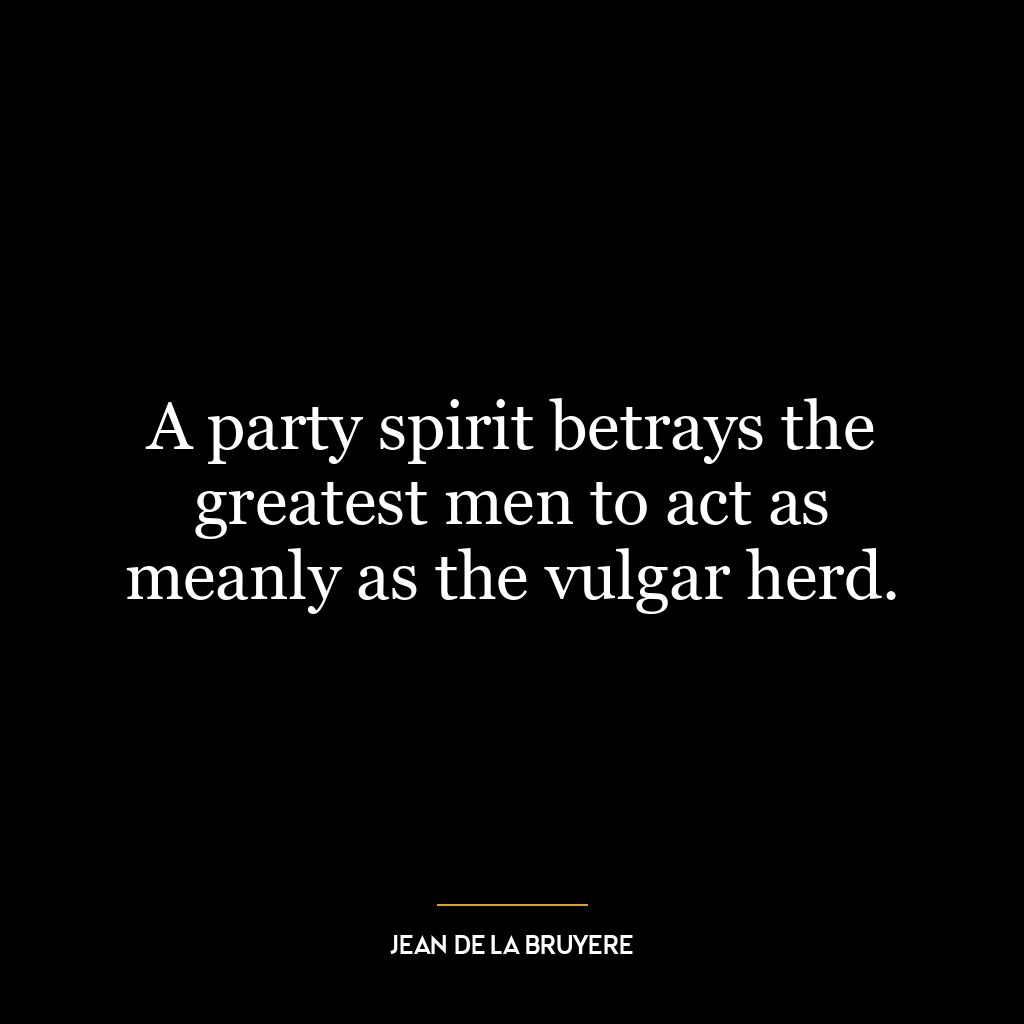This quote suggests that the act of taking a life, even under the guise of war, is fundamentally an act of murder. It implies that war, despite its legal and often socially accepted status, does not absolve individuals or societies of the moral implications involved in killing. The ‘cloak of war’ is a metaphor for the justifications, often political or ideological, that are used to legitimize violence and killing during wartime.
Einstein’s perspective challenges the conventional idea of war as a necessary evil or an inevitable part of human existence. It forces us to question the moral boundaries we designate in different contexts, and whether these boundaries are truly justified, or merely convenient. It brings to light the contradiction between our societal condemnation of murder and our acceptance, and at times glorification, of war.
In today’s world, this idea is particularly relevant in the context of ongoing conflicts and wars. It encourages us to question the narratives that are often used to justify violence, and to consider the human cost of these conflicts. It also prompts us to critically examine our own attitudes towards war, and to consider whether we are complicit in perpetuating these narratives.
In terms of personal development, this quote can be seen as a call to develop a more nuanced and critical understanding of the world. It encourages us to question accepted norms and beliefs, and to form our own moral judgments. It also serves as a reminder of the importance of empathy and compassion in our interactions with others, even in situations where these values may be difficult to uphold.









